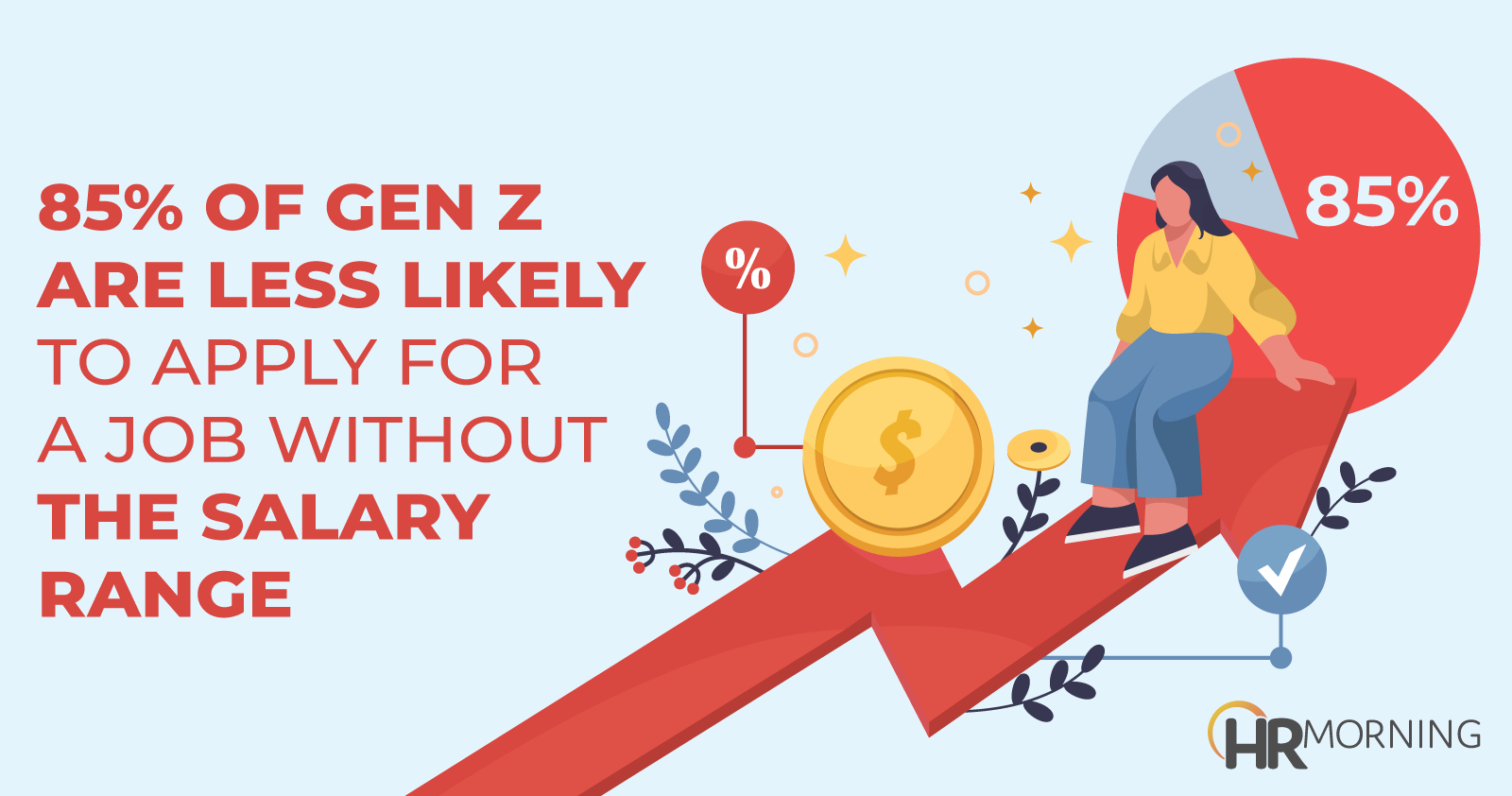Attracting and retaining Gen Z workers is different from many other generations. Younger generations put a larger focus on their mental health and wellness, and create strict boundaries with work.
With Gen Z workers estimated to make up one-third of the workforce by 2030 and a volatile economic climate causing layoffs and job uncertainty, your recruitment and retention strategies need to account for the youngest working generation to attract top talent and keep them engaged.
Here are three things Gen Z wants in a company to help shape your recruitment and retention strategies:
1. An established brand
Many Gen Z workers would rather work for a bigger company than a startup. Over half (52%) of respondents in Adobe’s Future of the Workforce study said that they’re likely to pursue a career with an established company.
Perhaps more surprising, though, is the study also found only 16% said they would pursue a role within a startup or small-sized company.
This may be due to layoffs across the tech startup sector, with respondents citing job security, the economy and better opportunities for growth as reasons they would choose a more established company.
What it means for HR: Despite a lot of hype for startups throughout the pandemic with a hiring boom and quickly-scaling businesses, it seems that many of those startups are starting to cut back on their workforce amid an uncertain economy, and Gen Z is looking for security and stability. Think about the long term when making hiring decisions to save your business hassle in the future and attract Gen Z.
2. In-office experiences
Despite the perks of remote work, many have expressed a desire to be closer to the office, with 75% of survey respondents saying they would relocate in order to be closer to work.
This is surprising, considering past studies have suggested that remote work was the most desirable for younger generations. However, with Gen Z’s willingness to relocate, it seems that the younger generation is craving connection and meaning within their career.
What it means for HR: Although many Gen Z want to be closer to work, that doesn’t necessarily mean going back to full in-office work is the best option. Instead, consider adding flexible perks like hybrid work. It’s the best of both worlds, giving employees the autonomy and flexibility they crave, and employers the peace of mind they need that employees are staying productive, motivated and engaged.
3. Salary transparency
Salary transparency is a growing trend when it comes to recruiting, with states like Colorado and California requiring companies to include the salary range within the job ad. Even for companies where it’s not legally required, many companies have already or are planning to include salary ranges to stay competitive.
If you need another reason to embrace salary transparency, many Gen Z candidates won’t even apply if there’s no salary range. According to Adobe’s study, 85% of upcoming and recent grads are less likely to apply for a job if the company doesn’t disclose the salary range in the job ad.
What it means for HR: Whether you’re in a state that requires salary ranges or not, it may be a good idea to begin the process of salary transparency to attract top talent. Not only is a cultural shift making salary transparency the norm, but providing the range upfront can save recruiters time and effort from candidates who are not aligned with the salary expectations.



